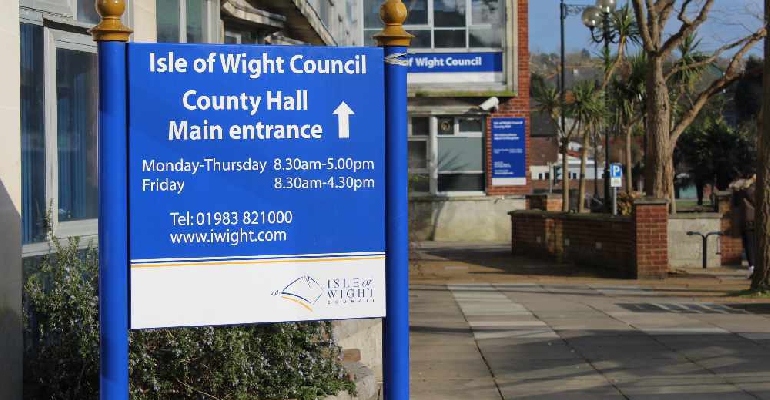
The Isle of Wight Council has voted to take action on “more expensive” and “less reliable” ferry services and ExxonMobil’s “extremely damaging” pipeline.
At a Full Council meeting yesterday evening at Newport’s County Hall, councillors voted for a motion, merged from two separate submissions by councillors Michael Lilley and Ed Blake, which calls for the “democratic control” of Solent ferry companies, and Councillor Nick Stuart’s motion urging the council to raise “concerns and objections” regarding the Solent CO2 pipeline with the government.
Cllr Lilley and Blake’s motion describes cross-Solent ferries as providing a “lifeline service” which is “essential” to the “economic and social wellbeing” of Isle of Wight residents.
It urges the council to work with the Island’s two MPs and call “urgent meetings” with ferry operators, Red Funnel and Wightlink, to “discuss dissatisfaction” with current services as well as “concerns about reliability” in the coming winter months.
The motion also calls on the government to recognise that “entirely private” and “unregulated” Solent ferries are “no longer appropriate”, especially given government plans for rail and buses.
“Make legislative provision to bring ferries under democratic control in line with its strategic vision on trains and buses, including regulations for particular prices, including options for caps and costs of travel, timetables and service reliability”, the submission adds.
The incoming Labour government has planned to give local transport authorities across the UK the power to take control of bus services through franchising or public ownership.
Transport secretary Louise Haigh also has plans to take rail passenger services into public ownership.
In an impassioned address, Cllr Lilley said:
“This to me is an issue of total inequality – it’s an inequality issue. It actually infringes Islanders’ human rights.
“We have many children on this Island that have never crossed the Solent – there are children in my ward that live in Ryde and have never crossed the Solent.
“When you ask their families why, they say because we cannot afford the ferry prices – we are in a cost of living crisis.”
In his motion on ExxonMobil’s pipeline, Cllr Stuart proposed the Council “objects strongly” to the project.
Though the council can object to the pipeline, the UK government will decide whether to grant the American corporation a Development Consent Order which permits construction and maintenance, not the council.
The submission reads:
“The Council considers that the pipeline will threaten the UNESCO Island Biosphere status, with short and long-term damage to the Solent, two heritage coastlines, sites of national significance, and sites of particular importance for biodiversity, archaeological and heritage.
“Council further considers that it has not been established that carbon capture technology is either nationally appropriate or necessary, and that the technology is unproven at scale or at cost.”
He commented: “Given the lack of any benefit to the Island are you prepared to see the landscape damaged for this stopgap project that seeks massive sums of public money for a rich American company setting up a new very profitable business?
“With some expertise in this area I made sure to research further and talk to experts and Islanders like you to understand the problems.
“I will oppose this project given its enormous cost to the taxpayer, the uncertainty and cost of technology unproven at scale, the immense lasting damage to the landscape and biodiversity of the Isle of Wight and the risk to us residents of a pipeline rupture and explosion, especially given the low cost options in Exxon’s outline proposals.”


 Cowes Enterprise College Becomes First Isle Of Wight Secondary School To Achieve PEACH Gold
Cowes Enterprise College Becomes First Isle Of Wight Secondary School To Achieve PEACH Gold
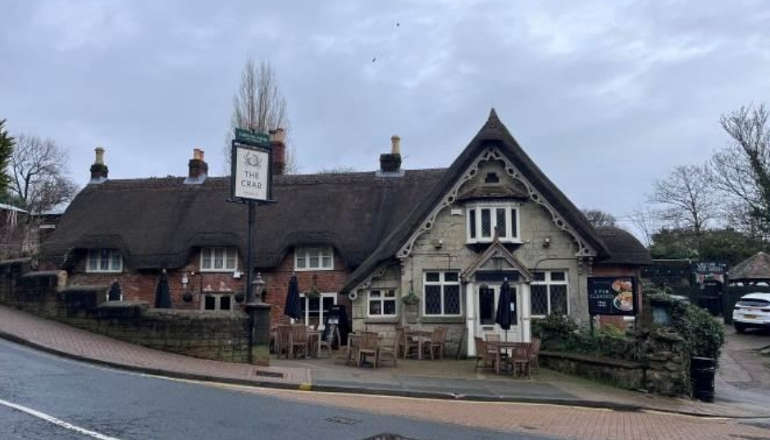 Shanklin's Crab Inn Refurbishment Plans Given Green Light
Shanklin's Crab Inn Refurbishment Plans Given Green Light
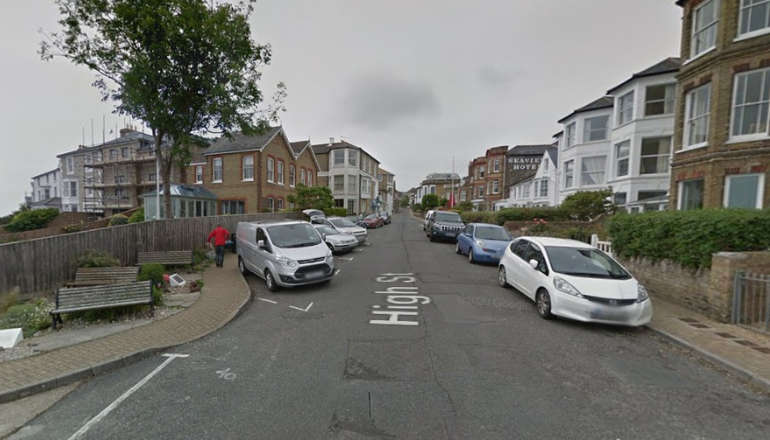 Seaview Parking Restrictions Approved
Seaview Parking Restrictions Approved
 From Calbourne To The Clouds: Cobalt Spectrum LED Mood Lighting installed On refurbished Finnair Embraer Fleet
From Calbourne To The Clouds: Cobalt Spectrum LED Mood Lighting installed On refurbished Finnair Embraer Fleet
 Isle Of Wight Honours Young Pilots Killed 80 Years Ago
Isle Of Wight Honours Young Pilots Killed 80 Years Ago
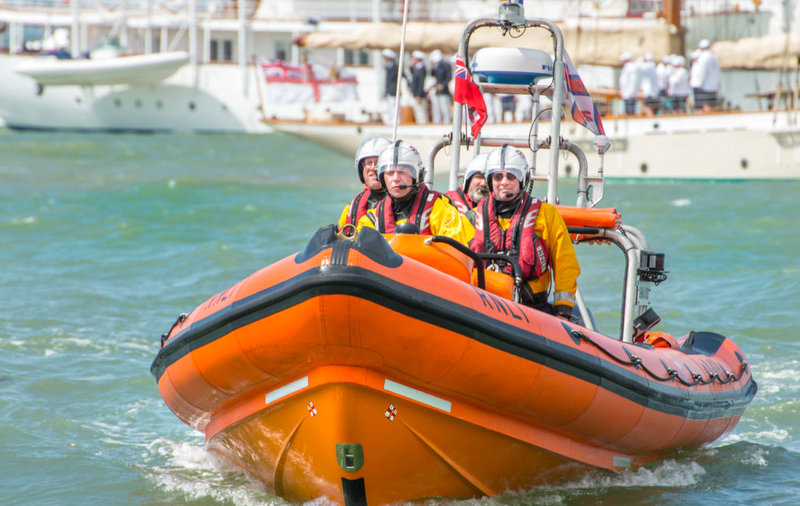 Grounded Yacht Gets Overnight Help from Cowes Lifeboat
Grounded Yacht Gets Overnight Help from Cowes Lifeboat
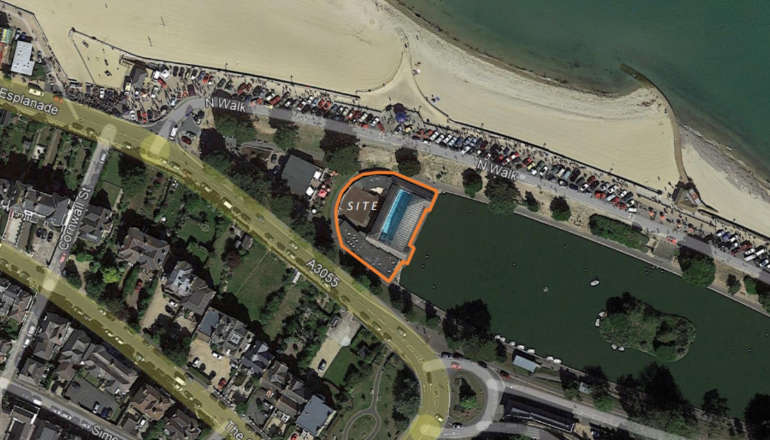 Ryde Waterside Pool Refurbishment To Continue With Solar Panels
Ryde Waterside Pool Refurbishment To Continue With Solar Panels
 Isle Of Wight Insurers Support For Mountbatten Enables Purchase Of Vital Equipment
Isle Of Wight Insurers Support For Mountbatten Enables Purchase Of Vital Equipment
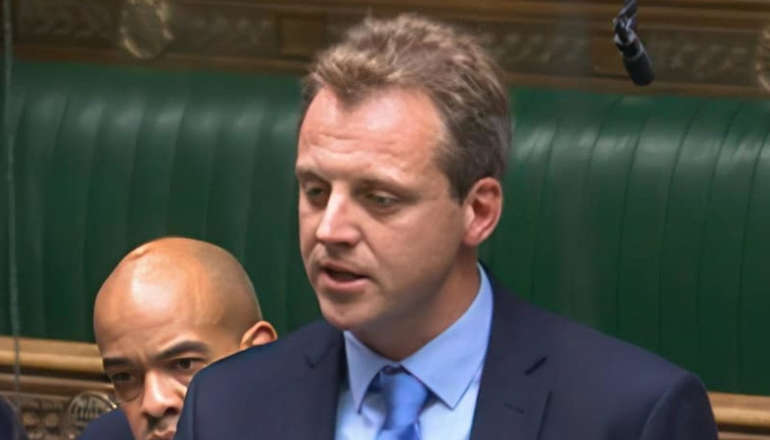 Island MP Criticises Government’s Budget For Increasing Pressure On Health And Social Care Providers
Island MP Criticises Government’s Budget For Increasing Pressure On Health And Social Care Providers
 Ajax To Northampton: Transfer Fee Agreed For Island Based Steam Railway Locomotive
Ajax To Northampton: Transfer Fee Agreed For Island Based Steam Railway Locomotive
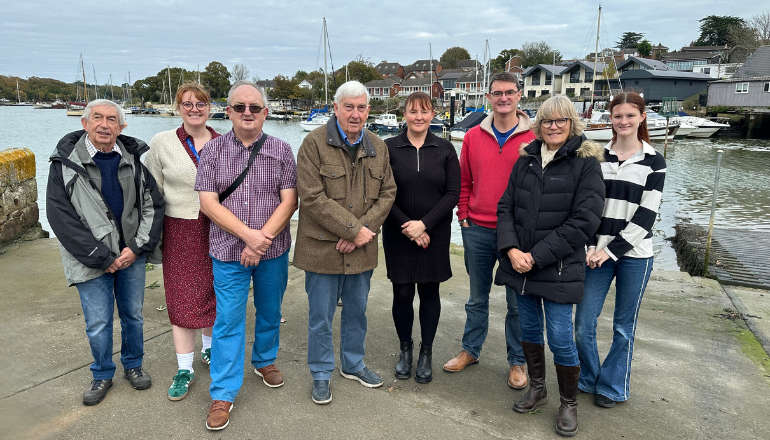 Wootton Creek Water Quality Testing Program Launches
Wootton Creek Water Quality Testing Program Launches
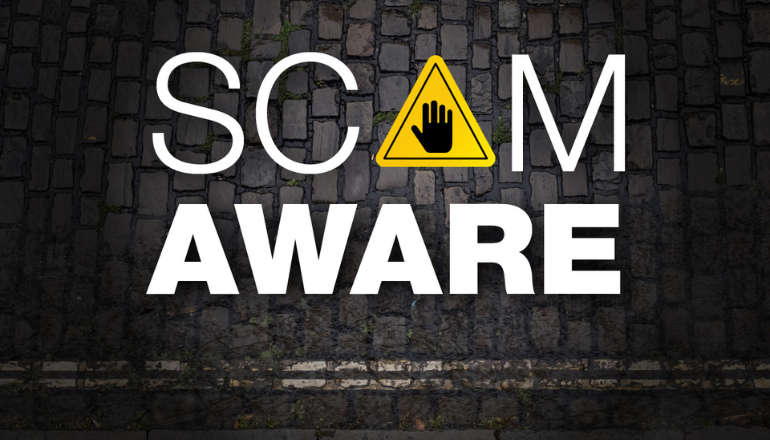 Warning Issued Following Recent Reports Of Courier Fraud
Warning Issued Following Recent Reports Of Courier Fraud
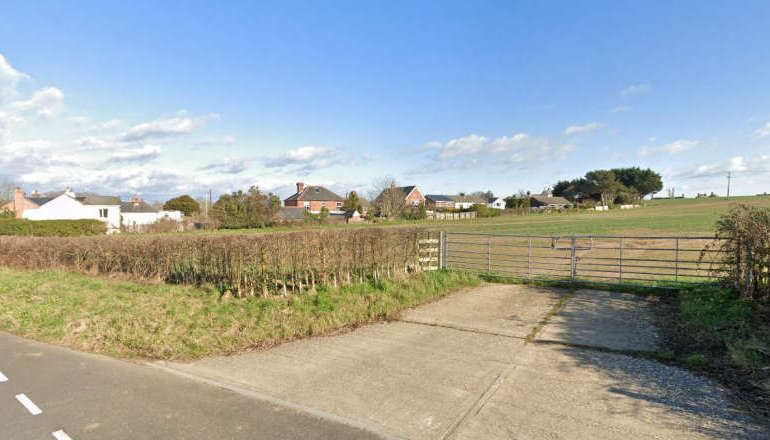 Freshwater Camp Road: Decision Made On 127-Housing Unit Proposal
Freshwater Camp Road: Decision Made On 127-Housing Unit Proposal
 Armistice Day And Remembrance Sunday Parade
Armistice Day And Remembrance Sunday Parade
 Newport's Barton Primary School Receives Uplifting Inspection Ratings
Newport's Barton Primary School Receives Uplifting Inspection Ratings
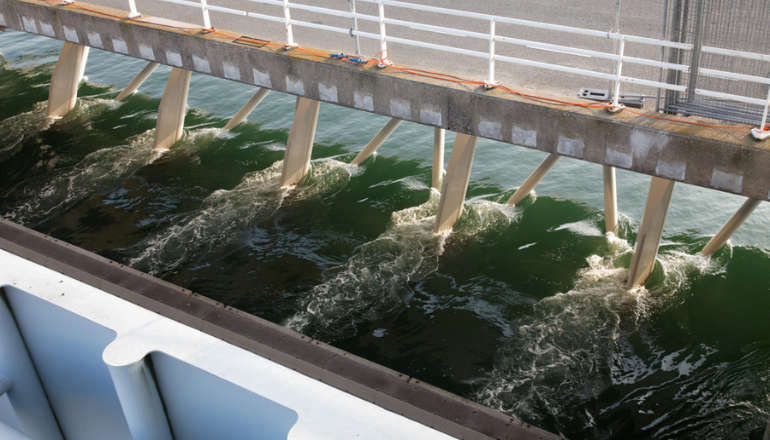 Altered Tidal Energy Ventnor Proposal Set To Be Decided Upon
Altered Tidal Energy Ventnor Proposal Set To Be Decided Upon
 Southern Vectis November Community Fund Now Open
Southern Vectis November Community Fund Now Open
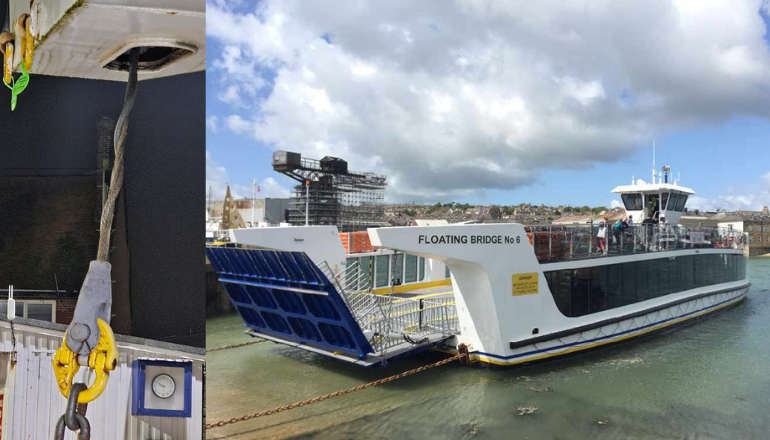 Prows Raised And Hearts Sunk: Floating Bridge Services Hit By Latest Issue
Prows Raised And Hearts Sunk: Floating Bridge Services Hit By Latest Issue
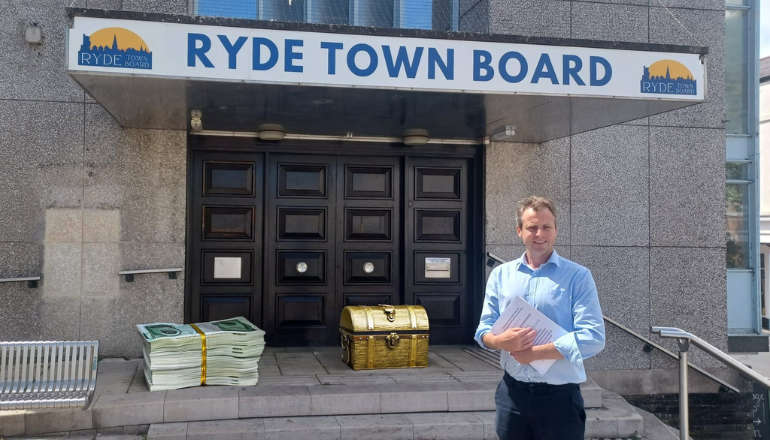 Government Confirms £20 Million Funding For Ryde
Government Confirms £20 Million Funding For Ryde
 Isle Of Wight NHS Trust Opens Doors To New Community Diagnostic Centre At St Mary’s
Isle Of Wight NHS Trust Opens Doors To New Community Diagnostic Centre At St Mary’s


